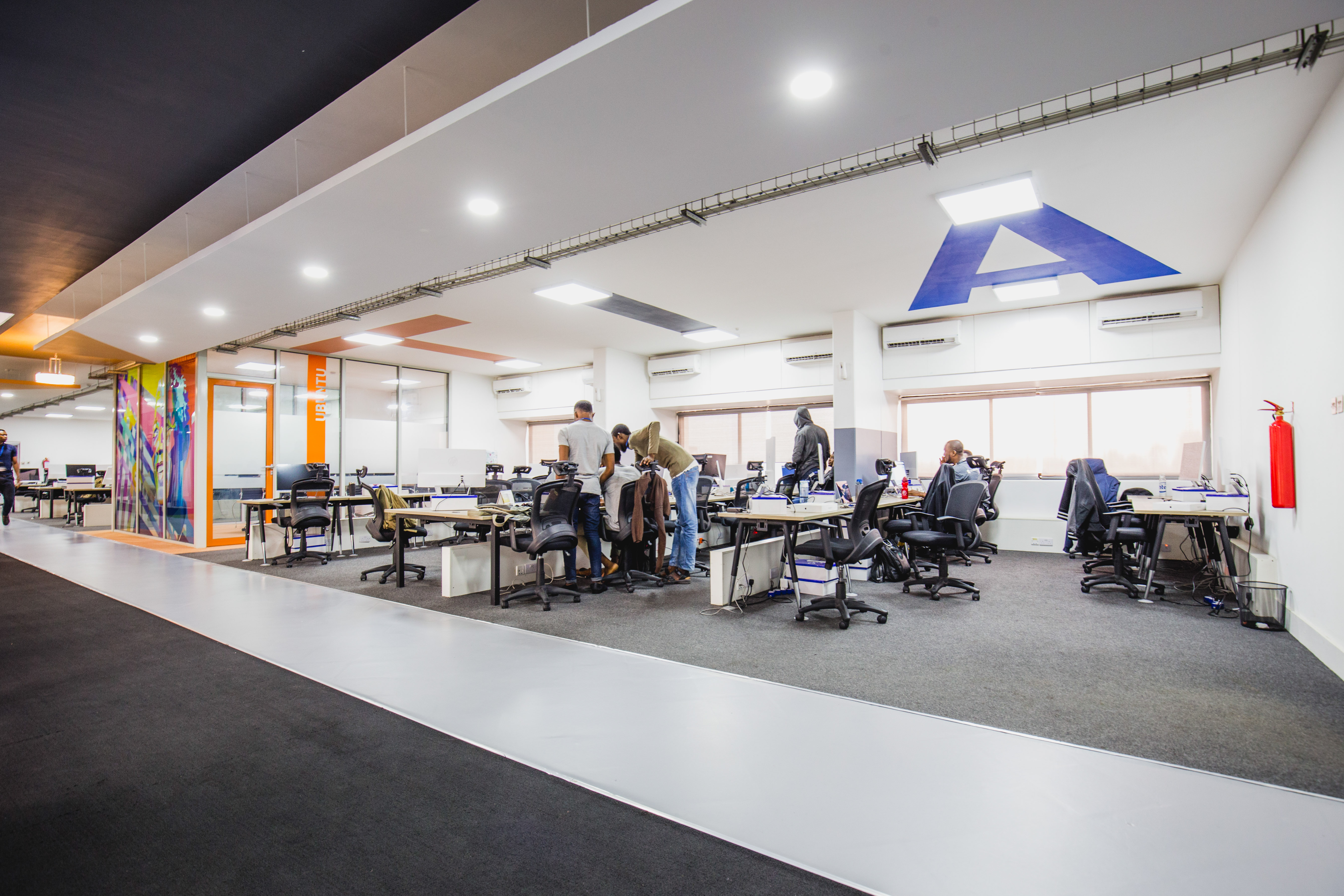Africa focused tech talent accelerator Andela will cut 400 junior engineers across Kenya, Uganda, and Nigeria, CEO Jeremy Johnson told TechCrunch.
The layoffs come as the startup released first time income figures indicating it will surpass $50 million in annual revenues for 2019.
Yes, the news seems a bit disjointed. Not everything moves in the same direction in the business of startups.
On the staff cuts, “they are due to market demand for more senior engineering talent,” Andela said in a company release.
“We’ve seen shifts in the market and what our customers are looking for…toward more experienced engineers,” Johnson said on a call.
For those who may not know Andela’s business, the startup’s client-base is over 200 companies around the world that pay for the African developers Andela selects and trains to work on projects.
Founded in 2014, Andela has offices in New York and five African countries: Nigeria, Kenya, Rwanda, Uganda, and Egypt. The Series D tech-venture is one of Africa’s most visible (by press volume) and best funded ― backed by $181 million in VC from investors that include the Chan Zuckerberg initiative.
Andela selects a roster of developers each year who come on staff for a salary (similar to a management consulting firm) and are encouraged to continue working and living in their home markets in Africa.
By pre-layoff numbers, Andela had 1575 engineers on board. Big job cuts usually point to financial distress and decreasing demand for a company’s goods or services. That’s not the case with Andela’s personnel move, according to Johnson, who describes the layoffs more as a result of misreading the market.
“We’re actually actively and intensely growing, the mid and senior developer populations and next year we’re going to bring in 500 more developers,” he said.
“We’ve hired more junior developers than we are able to place in remote roles.”
The departing Andela software-engineers will gain severance packages and placement assistance, according to Johnson. The company is working with partners such as CcHub and iHub to connect the developers to new opportunities.
“Many of these people will rapidly get jobs in the local ecosystem and some day may come back and work at Andela again,” he said.
 On Andela’s $50 million in 2019 projected income, “It’s the first time we’ve ever confirmed anything on revenue,” said Johnson ― who acknowledged the venture is still not profitable.
On Andela’s $50 million in 2019 projected income, “It’s the first time we’ve ever confirmed anything on revenue,” said Johnson ― who acknowledged the venture is still not profitable.
He wouldn’t say why the company released those figures now, but one can speculate it is to soften concerns about Andela’s financial performance in light of major staff cuts.
Johnson flagged the revenue significance in a global startup context. “What it means is the world needs what we do. Very few companies have gotten to a $50 million run rate in under five years.”
If that’s rare in developed markets, its even more scarce in Africa’s tech scene — where startups releasing any financial stats is scarce overall. Only one VC backed digital company has revealed revenues between $50 and $100 million. That’s e-commerce startup Jumia, that listed in an NYSE IPO earlier this year.
The release of 400 developers may be welcome in Africa’s most active tech hubs, such as Nigeria and Kenya, where rapid startup formation and funding is starting to outpace software engineering talent — according to a number of founders.
Job-placement will partially depend on whether local tech companies can offer competitive packages to incentivize the Andela alums.
If they do, the net effect of Andela’s layoffs could be more software-engineering capacity for Africa’s tech ecosystem ― so long as most of the developers remain in Africa.
